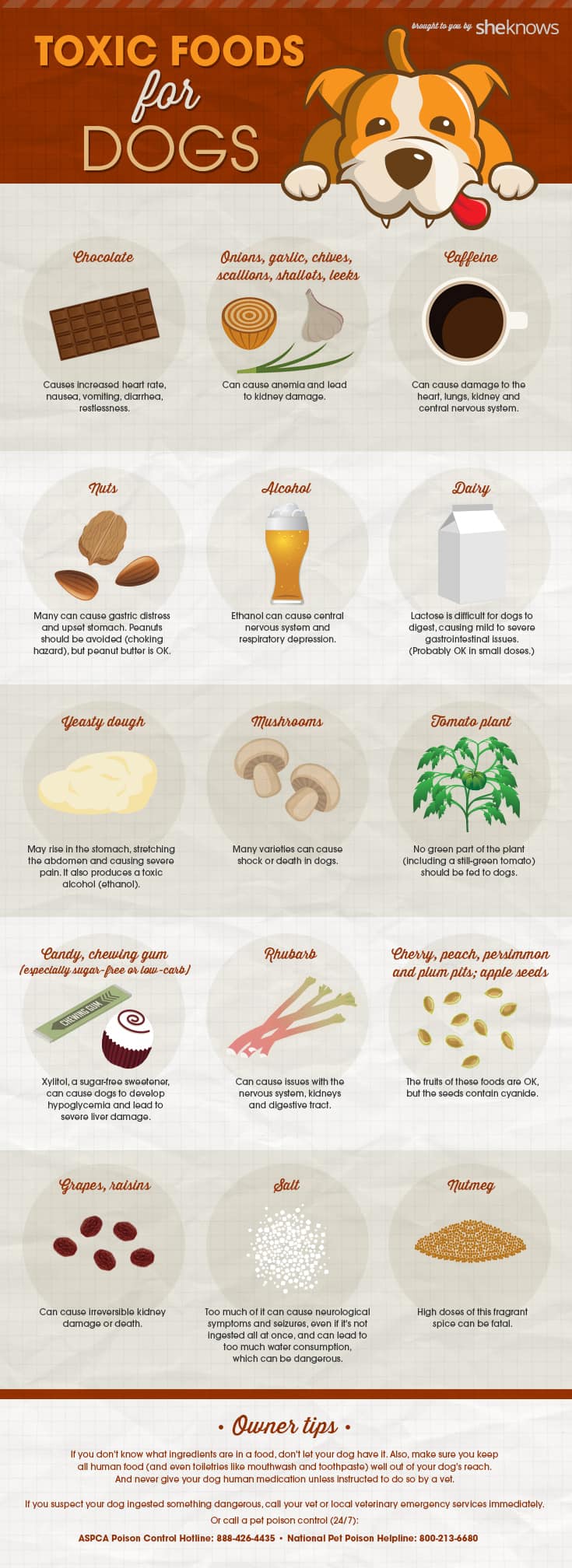How Many Hours Is Safe In Dog Daycare
How Many Hours Is Safe In Dog Daycare
Blog Article
Can Pet Dog Childcare Reason Health Problem?
Pet dogs in daycare receive great deals of workout, socialization with other pets and special experiences. This can be especially useful for puppies and pets with behavior issues.
There are numerous legal considerations you need to take into consideration when beginning a dog daycare company. These include the structure of your service and conformity with federal government laws.
1. Canine Distemper
Canine distemper is spread through direct contact with the bodily fluids and waste of a contaminated pet dog, yet it can additionally be transmitted via shared water and food bowls or through airborne droplets. This extremely infectious health problem is most unsafe for pups, yet it can impact dogs of any age and is fatal for many if left neglected.
Preliminary signs of canine distemper commonly resemble an acute rhinitis, consisting of dripping eyes and nose with watery or pus-like discharge. As the condition proceeds, a pet will certainly create high temperature, coughing, lowered cravings, throwing up and looseness of the bowels. The infection can likewise assault the nerve system, leading to seizures, jerking and partial or total paralysis.
Credible childcares minimize direct exposure to infection by needing inoculations, routine health examinations and comply with stringent hygiene protocols. If your pup seems overly weary or hopping, a day off might assist him recover, but you need to stay clear of taking him back to childcare till these signs and symptoms improve.
2. Kennel Cough
Kennel cough, also known as transmittable canine tracheobronchitis or Bordetella, is a very transmittable viral or microbial illness that affects the respiratory system system. It's frequently moved through the exchange of saliva or air droplets that an unwell pet dog exhales. Social dogs go to greater danger for infection due to their constant communication with one another, such as when they play, share food or water, sniff each other or just satisfy in a crowded environment like a pet park or childcare.
One of the most common symptom of kennel coughing is a relentless and powerful cough that sounds like something embeded the throat or retching. Commonly, canines will divulge foamy white phlegm. If left neglected, a dog can develop pneumonia and go to major risk permanently.
A trustworthy day care facility should have rigorous cleansing and sanitation methods, sterilize all toys, food and water bowls regularly, and be open concerning their inoculation policies. Maintaining your pet dog up to day on their vaccinations, specifically for bordetella and canine flu, will significantly reduce their opportunities of acquiring the illness.
3. Parvovirus
Canine parvovirus, or parvo, is a very infectious viral illness that can be harmful for young puppies and young adult pets with bad body immune systems. It's most frequently spread by direct contact with infected pet feces-- which can occur when dogs sniff, lick, or preference infected feces-- and indirectly from infected individuals, objects, or settings (like kennels, grooming areas and yards). Puppies and dogs without complete vaccination backgrounds are especially prone to parvo.
The virus is exceptionally durable, enduring in the atmosphere for up to 9 years, and can easily be moved between pet dogs by contact via feces or on shoes, apparel, and bed linen infected with parvovirus. If not dealt with right away with IV liquids, electrolyte balance, throwing up control medicines and anti-biotics to avoid secondary microbial infections, a canine will swiftly dry out and develop severe looseness of the bowels, which leads to shock and blood poisoning. Parvo is challenging to heal as soon as a pet dog has come to be ill, however with proper veterinary care, many puppies do endure this health problem.
4. Canine Flu
Dog influenza infection is extremely contagious and spreads via direct call, sharing food and water bowls, licking or nuzzling other dogs, via airborne beads, and with contaminated surface areas. Vaccination works in decreasing the threat of infection and break outs.
Most influenced canines create a moderate respiratory infection with a coughing that lasts 1-3 weeks. They may additionally have nasal and ocular discharge, sneezing, and sleepiness. A few of the most severe cases cause pneumonia and a high fever.
If your canine shows any of these symptoms, do not bring them back to day care up until boarding kennels near me for dogs they are healthy. If your dog is revealing indicators of extreme fatigue or limping, talk with your veterinarian right now and ensure they are on healthiness supplements to assist build their resistance. A vet will examine your pet dog for symptoms of the influenza by taking a sample from the nose or throat, and blood tests can be done to validate.